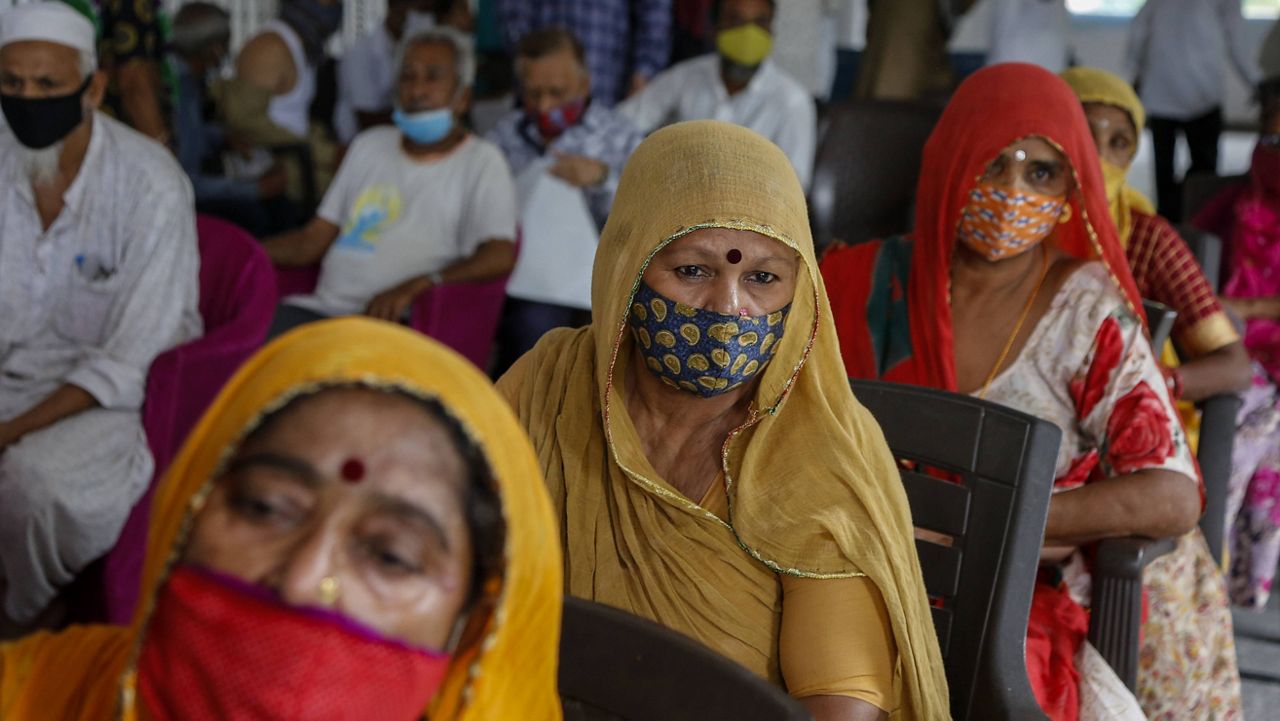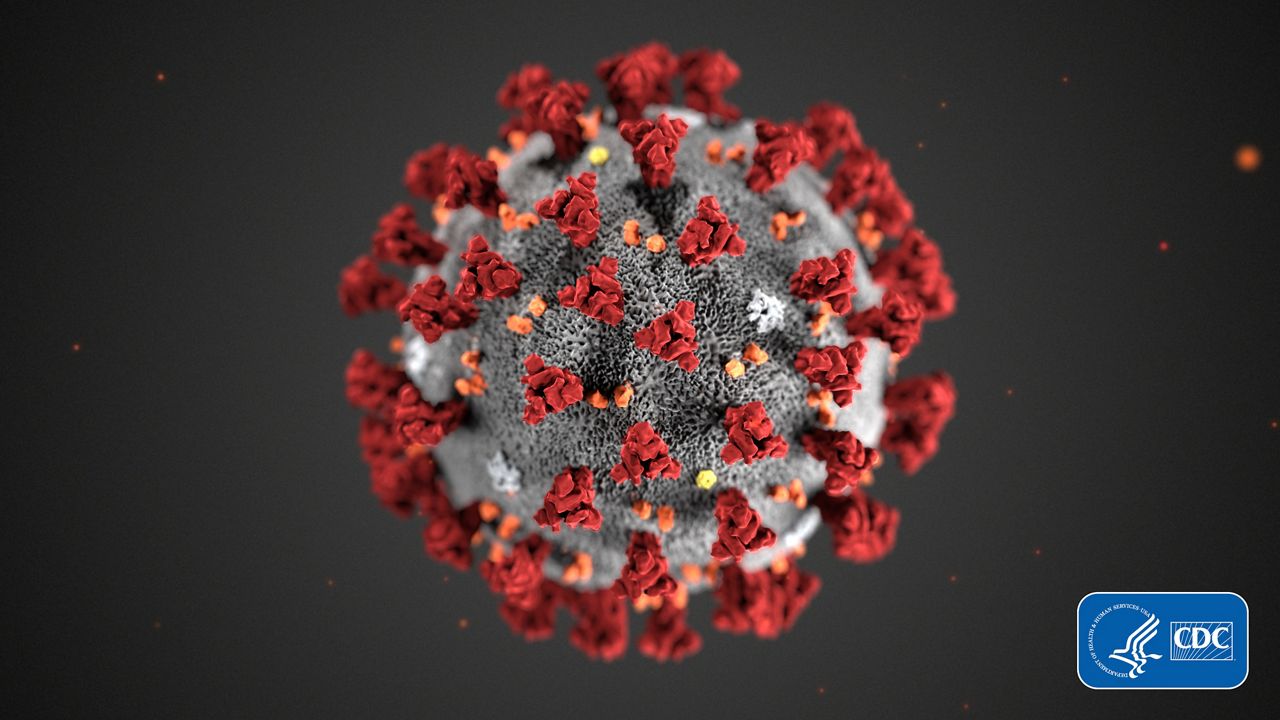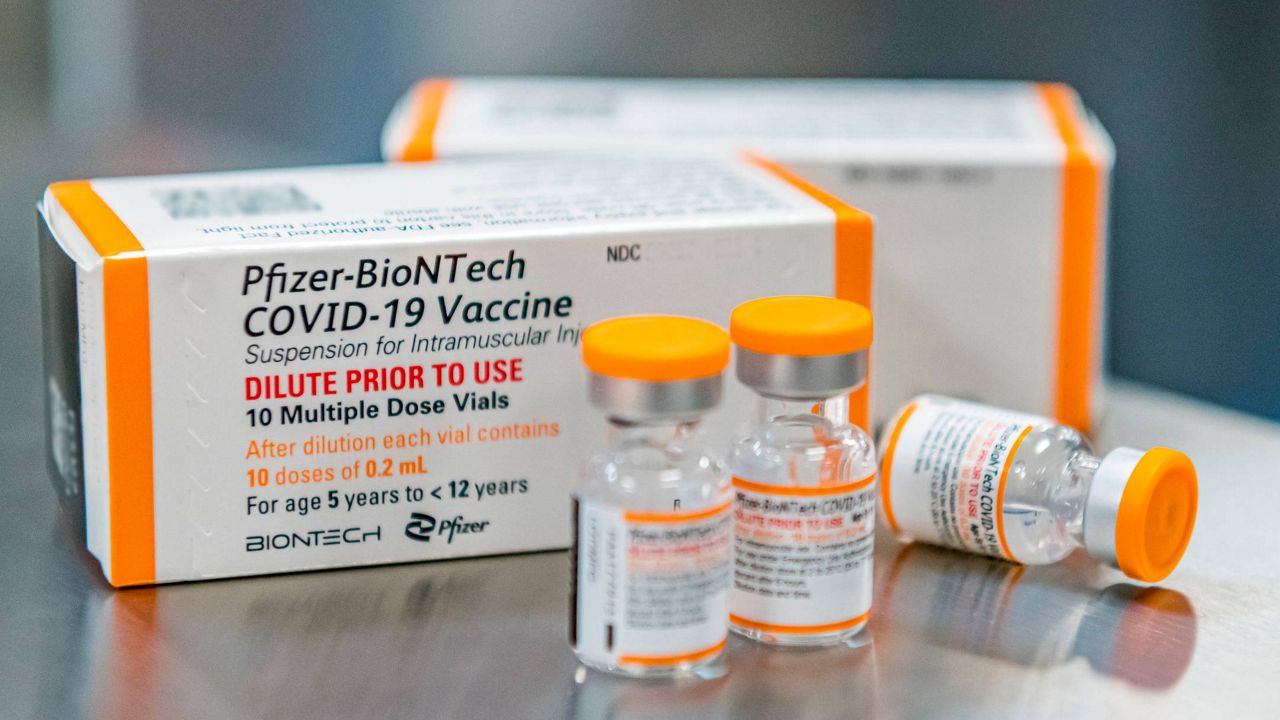Just as the highly contagious Delta COVID-19 variant is making more and more headlines in the United States, doctors and epidemiologists around the world are closely monitoring a mutation of it.
What You Need To Know
- Doctors and epidemiologists around the world are closely monitoring a mutation of the Delta COVID-19 variant, called "Delta Plus"
- A consortium of labs in India say Delta Plus appears to be more tranmissible than Delta and could possibly be more resistant to vaccines
- Public Health England says 197 Delta Plus cases had been detected in 11 countries as of June 16, including 83 in the United States
- The World Health Organization said Thursday that Delta Plus “does not seem to be common, currently accounting for only a small fraction of the Delta sequences”
On Tuesday, India’s Union Health Ministry labeled the “Delta Plus” strain a “variant of concern.” It said a consortium of 28 laboratories involved in genome sequencing believes the new strain has three concerning characteristics: increased transmissibility, stronger binding to receptors of lung cells and potential reduction of monoclonal antibody response, meaning the variant could be more resistant to vaccines.
India said Wednesday that 40 Delta Plus cases have been detected there. Officials have issued an alert for the states of Maharashtra, Kerala and Madhya Pradesh, calling on them to step up testing, contact tracing and vaccinations.
According to Public Health England, 197 Delta Plus cases had been detected in 11 countries as of June 16, including 83 in the United States. The other countries are Britain, Canada, Japan, Nepal, Poland, Portugal, Russia, Switzerland and Turkey.
The Delta Plus variant has acquired the spike protein mutation called K417N, which was also found in the Beta variant first detected in South Africa. Studies have found that the Beta strain is more resistant to vaccines than other variants, fueling fears that the same might apply to Delta Plus.
The World Health Organization said Thursday that Delta Plus “does not seem to be common, currently accounting for only a small fraction of the Delta sequences” that have been uploaded to a global reporting database.
“WHO has a global system in place to monitor and study changes in the virus,” the WHO said in a statement emailed to Spectrum News. “We will keep countries and the public updated on any changes that need our attention.
“Delta and other circulating VOC (viruses of concern) remain a higher public health risk as they have demonstrated increases in transmission,” the health agency added.
The possibility that the Delta Plus strain could be even more contagious than the Delta variant is worrying some scientists. Studies show the Delta variant is 60% more transmissible than the Alpha strain that was first detected in the U.K., and the Alpha variant was more contagious than the COVID-19 strain that appeared in China in late 2019.
The Delta variant, which was first detected in India, is now the dominant strain in the United Kingdom. It accounts for 20.6% of new coronavirus cases in the U.S., and CDC Director Dr. Rochelle Walensky said last week that she expects it to eventually become the dominant strain here, too.
U.S. health officials have said they are concerned that the high transmissibility of Delta and the low vaccination rates in some states could lead to regional surges of COVID-19 cases.
Ryan Chatelain - Digital Media Producer
Ryan Chatelain is a national news digital content producer for Spectrum News and is based in New York City. He has previously covered both news and sports for WFAN Sports Radio, CBS New York, Newsday, amNewYork and The Courier in his home state of Louisiana.










